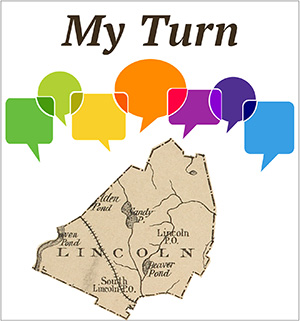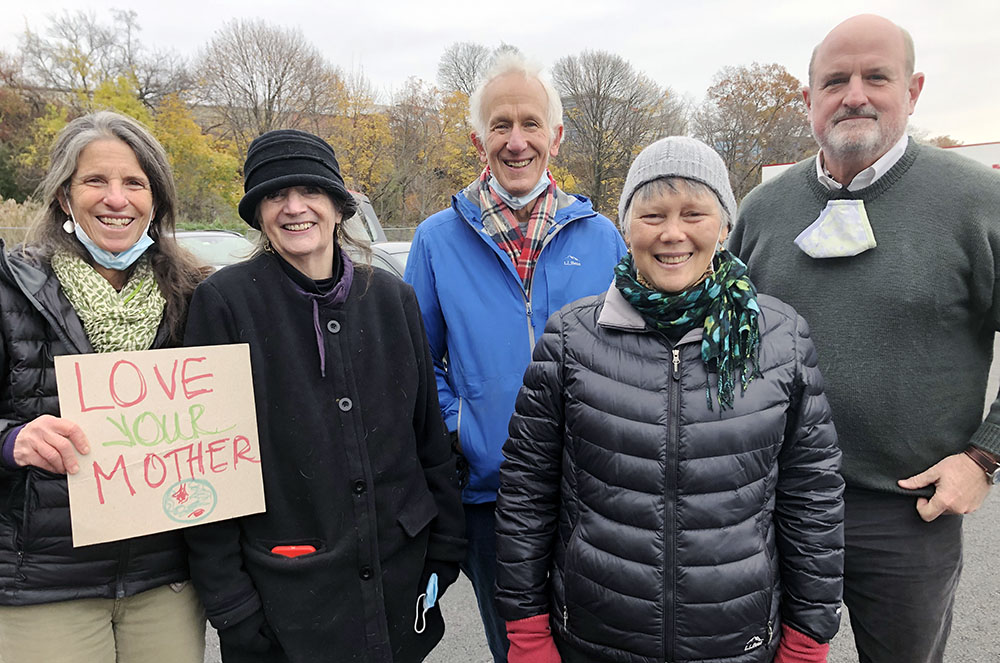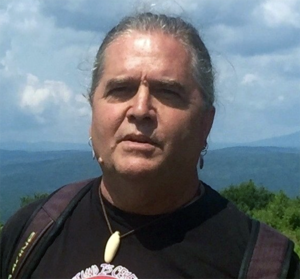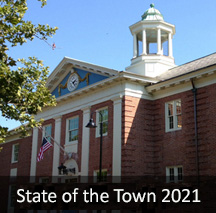Trail use forum on May 18
There will be a Lincoln trail-use public forum held on Zoom on Wednesday, May 18 from 7–8:30 p.m. sponsored by the Lincoln Conservation Commission and the Lincoln Land Conservation Trust. The two organizations have completed a comprehensive review of the multiple uses of Lincoln’s trails and how best to manage them for the protection of open space and overall public benefit. Over the last year, they’ve sought public comments and feedback regarding ways people use and enjoy our open spaces and trails.
At the forum, the Conservation Commission will review the process we used to evaluate changes in allowed trail uses, present draft trail use regulations, and discuss proposed changes to our trail biking map and dog walking rules. Additional comments will be sought during and after this meeting. Afterwards, the commission will post the draft trail-use regulations on the Conservation Department website. Submit any comments to the Conservation Department (conservation@lincolntown.org or 781-259-2612) by Tuesday, May 25. Click here for the May 18 Zoom link.
The new phone books are here!
The long-awaited 2022 Lincoln directory produced by the Friends of the Lincoln Library will be delivered to all households in Lincoln this week. If you do not want a printed phone book, please bring your copy to either the main post office or the library.








